Sweden has given us ABBA and IKEA. We can thank Denmark for Lego, hygge and Hans Christian Andersen. And Norway is the Land of the Vikings. But these Scandinavian countries have a lot more to offer — including good taste in baby names.
Some of these names draw on the rich history of the Vikings and legendary Nordic gods and goddesses, while others are Scandi versions of names that originated in other parts of the world. From Ari to Ingrid and Leif to Lena, there are sure to be some Scandinavian baby names you’ll want to consider for your new arrival.
Mia
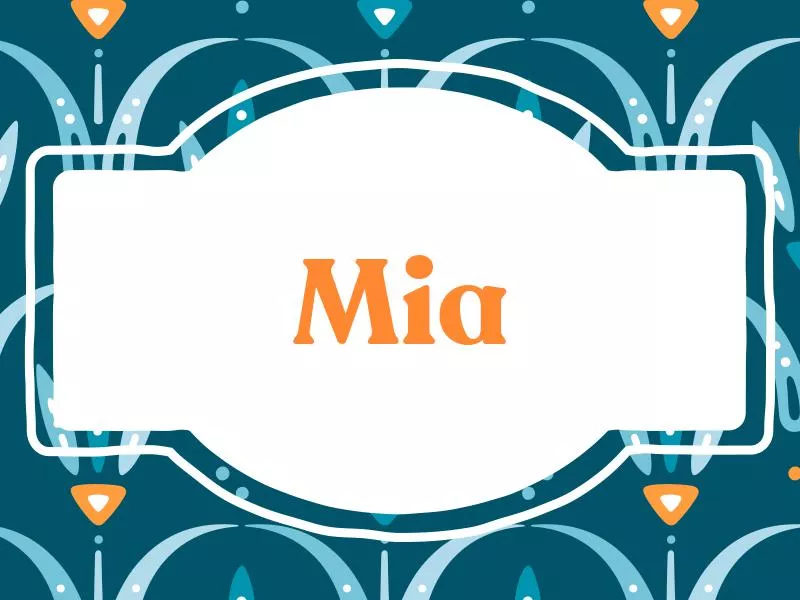
Mia comes with true global appeal, ranking high on many countries’ baby name charts. But it’s considered to have Scandinavian roots, originating as a short form of Maria.
Mia means “mine or bitter” and has been given the celebrity seal of approval from the likes of Kate Winslet and Ian Ziering.
Ari
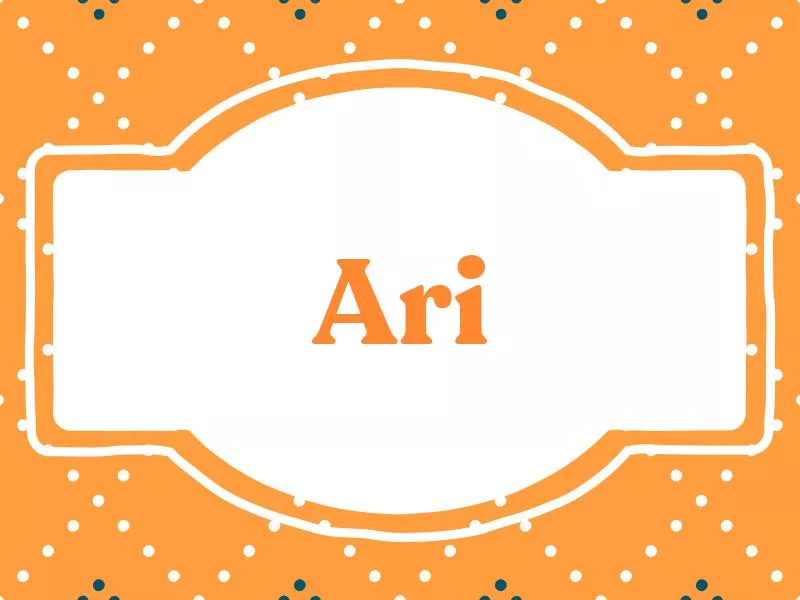
A given name in Old Norse, Icelandic, Danish, Norwegian and Swedish, Ari means “eagle.” It can also be the short form of any name beginning with “Ari,” such as Aristotle and Ariana.
“Entourage” fans will be familiar with this one thanks to the neurotic talent agent Ari Gold.
Freya
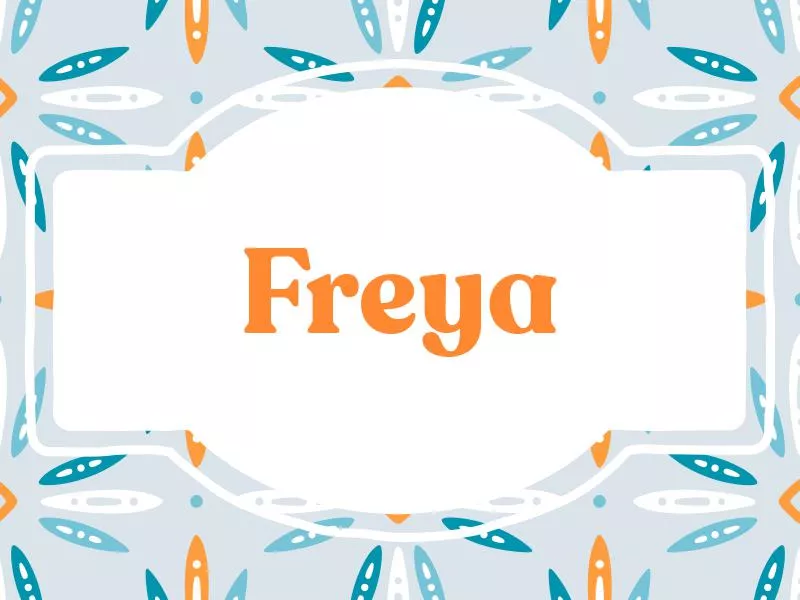
Freya is a girl’s name derived from the Old Norse Freyja, meaning “noble woman.” Freya is the Norse goddess of love, beauty and fertility, and there’s also a literary connection via Joseph Conrad’s novel “Freya of the Seven Isles.”
In the U.S., it’s been steadily rising up the baby name chart and ranked at No. 179 in 2020.
Anderson

The meaning of Anderson is right there in the name — “son of Anders.” This Scandinavian name is best known as a surname, as in Hans Christian, Pamela and Gillian.
But actress Edie Falco bucked the trend in 2005 when she chose the name for her baby boy.
Hallie

Another Norse name, Hallie (rhyming with “alley”) means “dweller at the meadow by the manor.”
It’s been in and out of favor over the years and has never been as popular as it was in the 1880s, but it’s been creeping back up the U.S. chart in recent years.
Jensen

Another “son of” name, Jensen is a variation of Jenson. The latter is more popular in the U.S., but Jensen is the original Danish version.
It’s also the most common surname in Denmark.
Karina
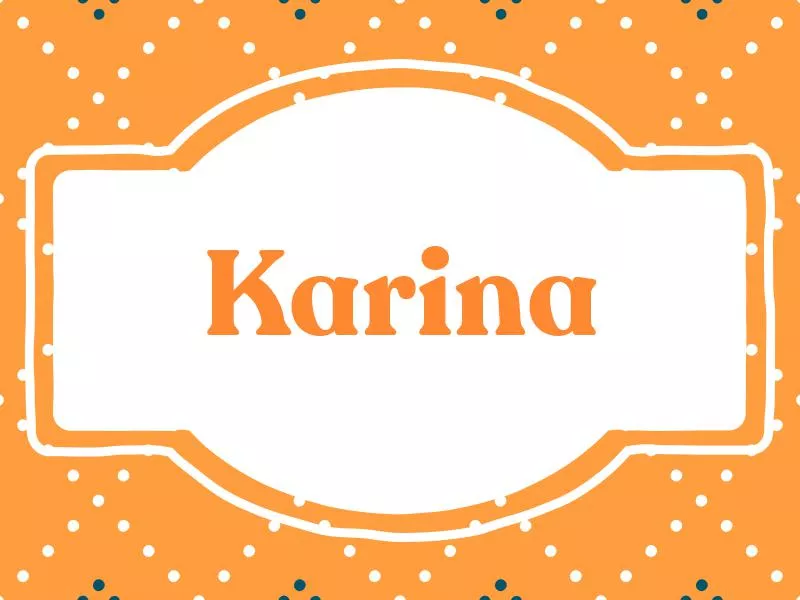
With its Scandinavian and Russian roots, Karina is an appealing girl’s name. It may be a variation of Carina, which comes from the Latin “carus” and means “love.”
TV actress Melina Kanakaredes chose it for her daughter, while notable Karinas include “Dancing with the Stars” dancer and choreographer Karina Smirnoff and Canadian soccer player Karina LeBlanc.
Wade

Consistently ranked in the U.S. top 1,000 names for boys, Wade is of Old English and Scandinavian origin and means “at the river crossing.”
If you like one-syllable names but want something fresher than Blake, Dean or Kade, Wade is worth consideration.
Ingrid
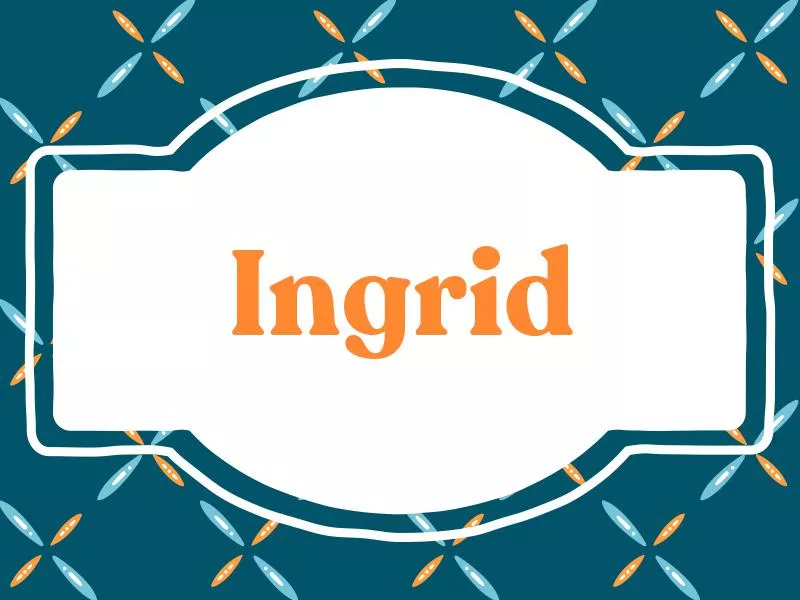
Swedish actress and Hollywood darling Ingrid Bergman catapulted this name onto the international stage, but it never really took off in the U.S. Nonetheless, it will forever be associated with beauty and charm and it actually means, “fair; Ing is beautiful.”
It’s also a royal name in its native Scandinavia — Ingrid of Sweden was Queen of Denmark from 1947 through 1972.
Kristofer
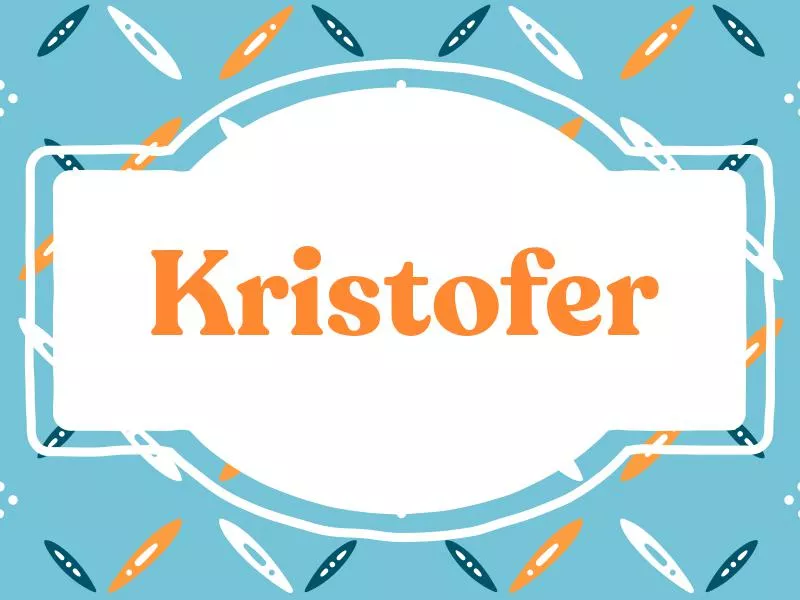
The Nordic spelling of Christopher, which is a boy’s name of Greek origin, gives this classic choice an interesting twist.
It means “bearing Christ” and is also connected to the Bible via St. Christopher, who carried the Christ child across a river and is the patron saint of travelers.
Kirsten
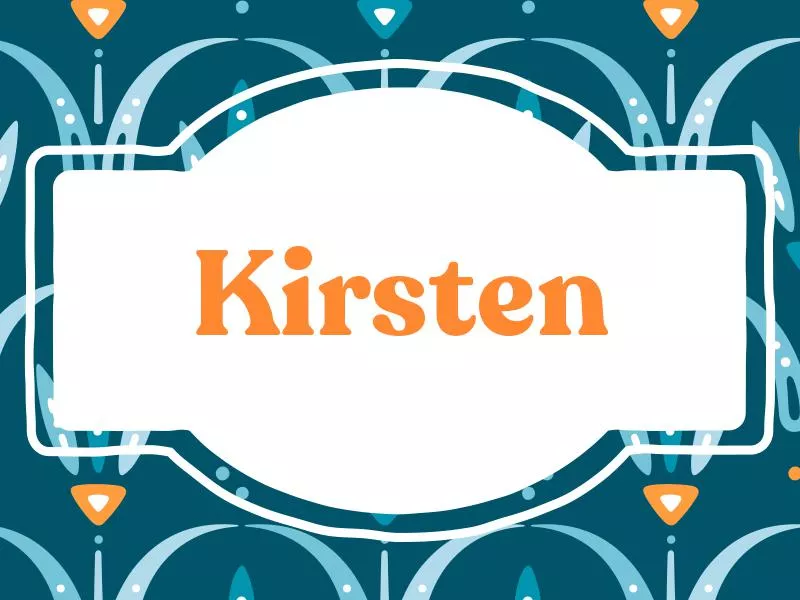
Easily confused with Kristen (also a traditional Scandinavian name), Kirsten means “follower of Christ; the anointed; walks with God.”
Famous Kirstens include actress Dunst, tennis player Flipkens and senator Gillibrand.
Stefan
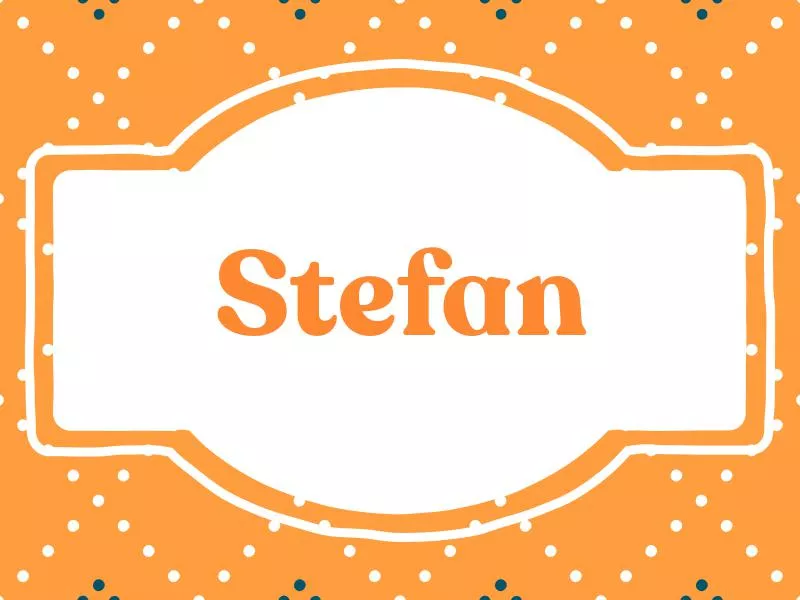
A variant of Stephen, Stefan is popular in Scandinavian countries as well as the Netherlands, Germany and Poland.
It first appeared on the U.S. top 1,000 in 1949 and has stayed there ever since, apart from a brief slip in 2008.
Thora
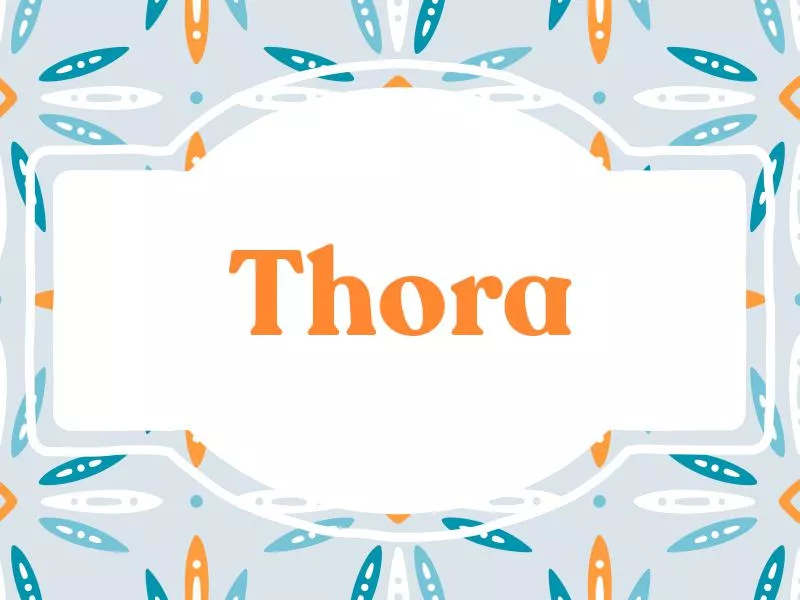
The feminine version of the Old Norse name Thor, who was the son of Odin and the god of thunder, Thora’s meaning is not surprising— “thunder goddess.”
The most famous bearer is actor Thora Birch of “American Beauty” fame.
Hans
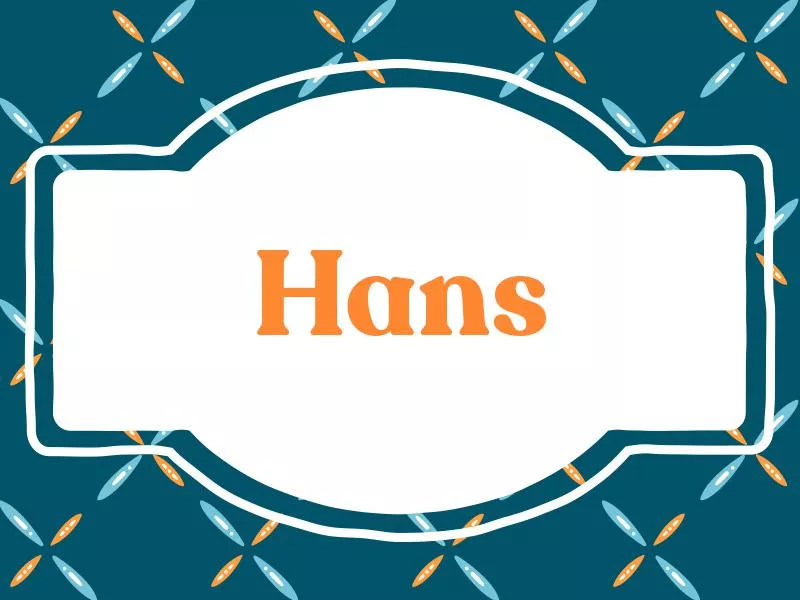
Hans has an undeniable childlike quality thanks to Hans Christian Andersen and Hansel (as in Gretel).
It means “God is gracious” and is popular in many countries — but not the U.S., where it fell out of the top 1,000 at the turn of the century.
Leonore

Eleanor, an English name derived from the Provencal name Aliénor (meaning unknown), has many variations. One of these, Leonore, is of German origin but is popular in Sweden thanks to the young princess of the same name.
Rhythmic and charming, it meets the quirky criteria that Eleanor doesn’t quite reach.
Lars
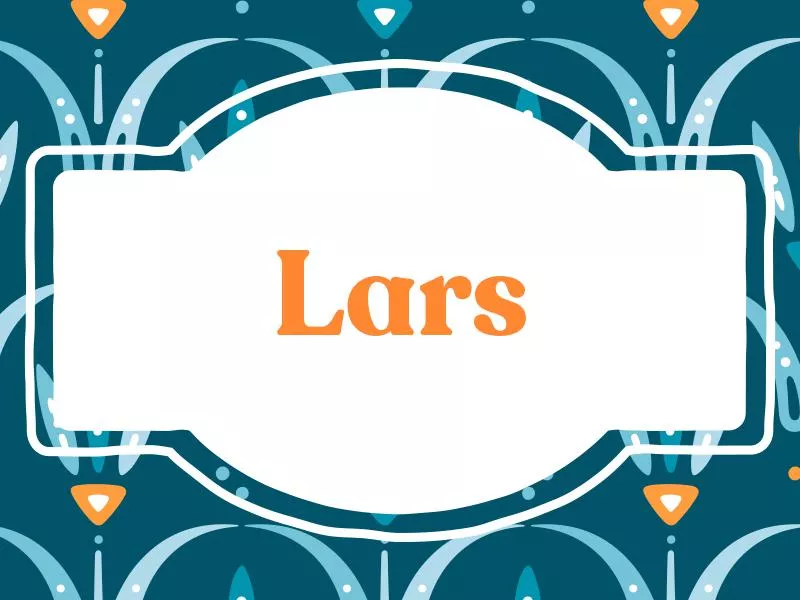
Meaning “crowned with laurel,” Lars is a strong Scandinavian-Dutch name that’s managed to become familiar in the U.S., perhaps due to Metallica drummer Ulrich and movie director von Trier.
It’s a top 30 choice in the Netherlands but hasn’t charted in the U.S. since the 1980s.
Astrid
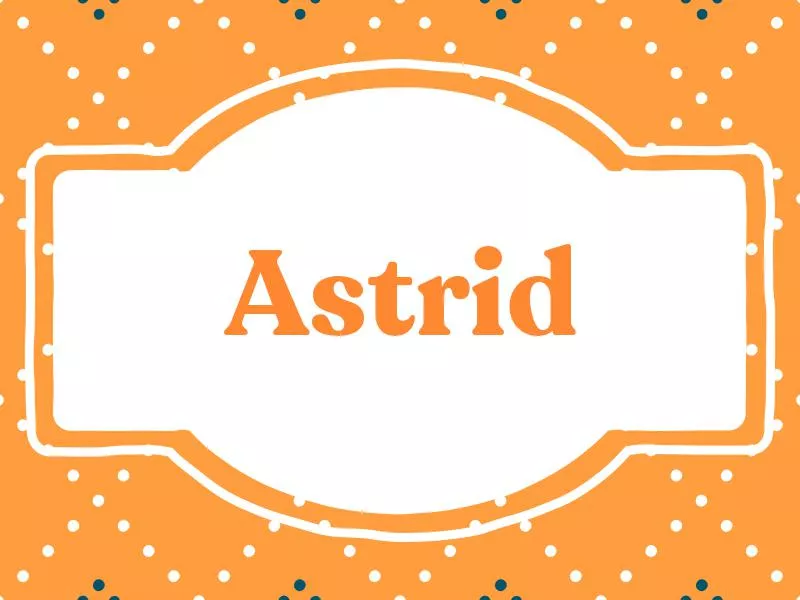
“Divinely beautiful” Astrid is a girl’s name that comes from the name Old Norse Ástríor. Its royal roots in Scandinavia go back to the 10th century, and the current Princess Astrid of Belgium is younger sister to the current Belgian monarch, King Philippe.
The name also brings to mind Astrid Lindgren, the Swedish author of the Pippi Longstocking stories.
Rafe
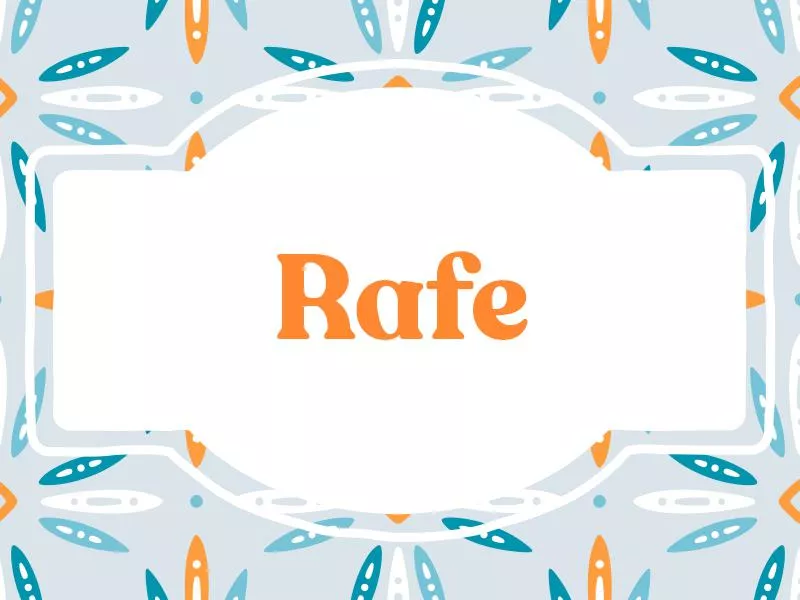
Rafe is a boy’s name meaning “wolf-counsel” and stands strong on its own as well as being a short form option for Raphael, Rafferty or Ralph.
In fact, Rafe is the Old English pronunciation of Ralph, as in actor Fiennes.
Mathilda
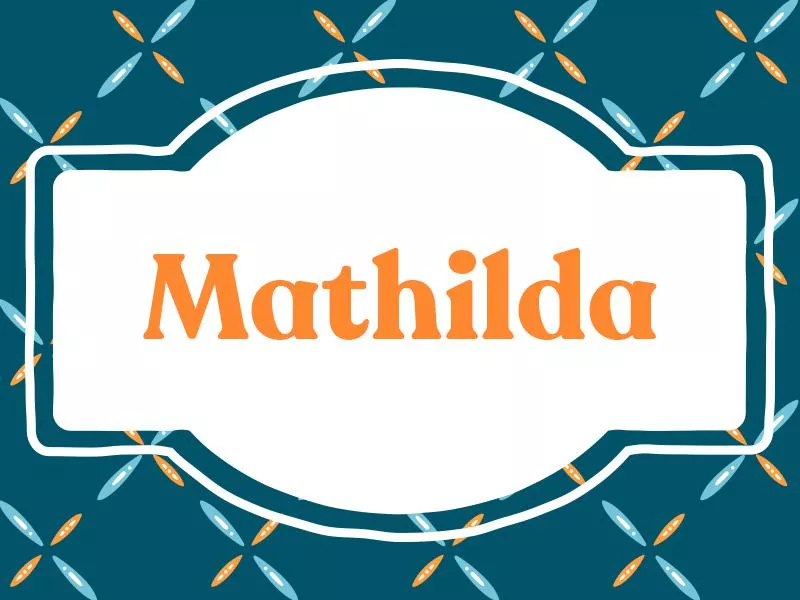
Strictly speaking, Mathilda isn’t a Scandinavian name — it comes from Old High German — but it has long been popular in Scandi countries.
It means “battle-mighty,” if you want to raise a fearless female.
Leif
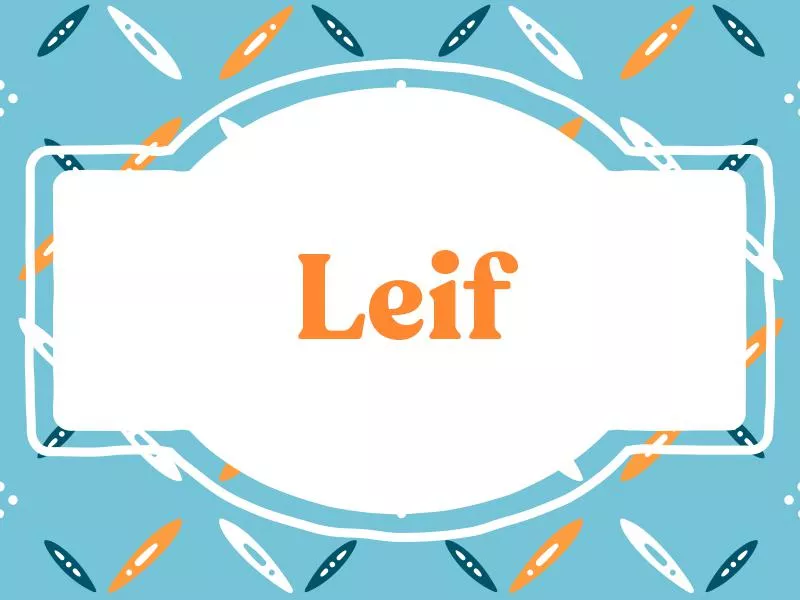
One of the most familiar Scandinavian names, Leif means “heir, descendant.” Icelandic explorer Leif Erikson gives it an adventurous vibe, while actor Joaquin Phoenix was formerly known by the spelling variation Leaf.
And then there’s one-time teen idol Leif Garrett, who may have been responsible for the popularity of the name during the 1970s and 1980s.
Agneta
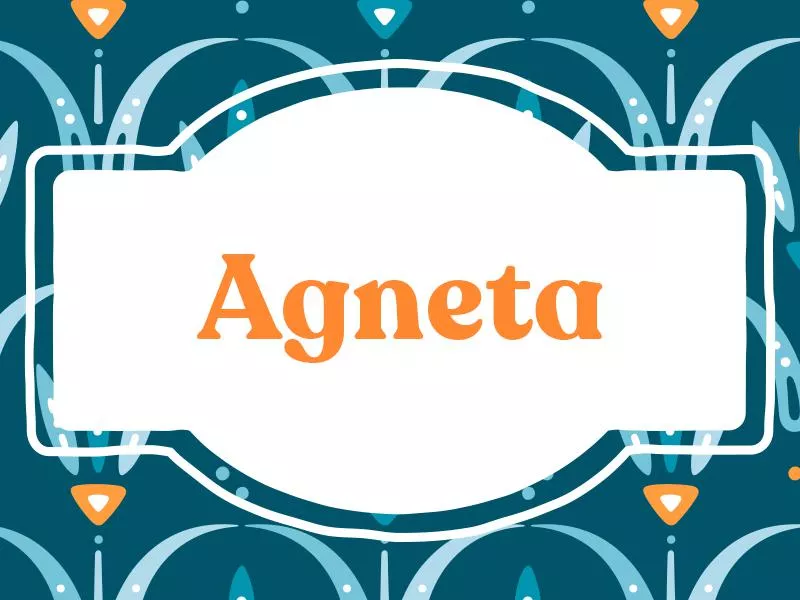
The Scandinavian version of the Greek Agnes (which is itself derived from the Greek word hagnos), Agneta means “pure, virginal.” Saint Agnes was a bit of a star in medieval times, which gave the name a boost.
In more modern times, Agneta Ase Fältskog is a Swedish singer, songwriter, musician and actress, best known for being in the pop group ABBA.
Odin
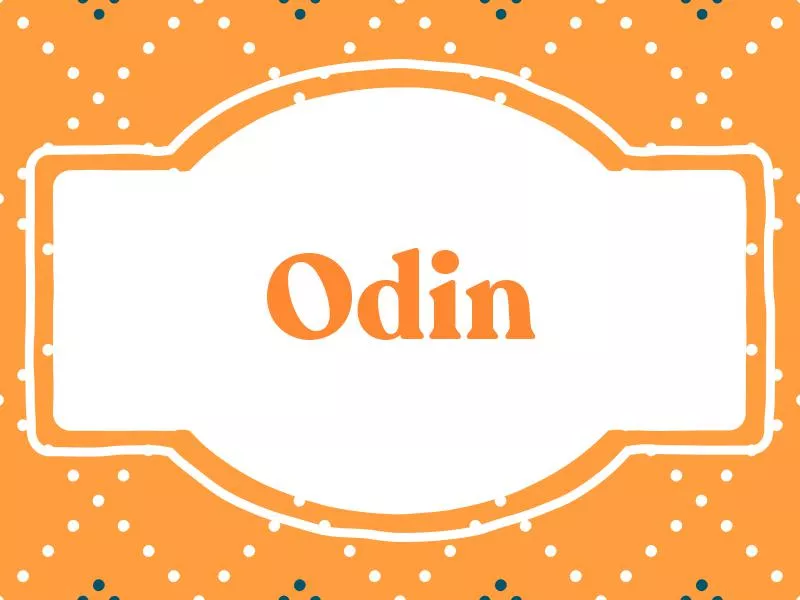
A popular choice for Norwegian boys, Odin is a Norse name with an interesting meaning: “god of frenzy; poetic fury.” He was also the god of art, culture, wisdom and law — so all in all, a pretty appealing package.
Fun fact: The word “Wednesday” is derived from “Woden,” the English form of Odin.
Gunhild

Gunhild is a Scandinavian form of the Old Norse name Gunnhildr, which is made up of two words meaning “war” (hild/hildr and gunn).
Fans of Norwegian literature may recall the 1957 novel of the same name by Ragnhild Mageroy.
Sten

Why choose Stan when you can have Sten? This sharp, one-syllable name is of Swedish origin and means “a stone.” N
otable bearers include sailor Abel and politician Andersson.
Lena
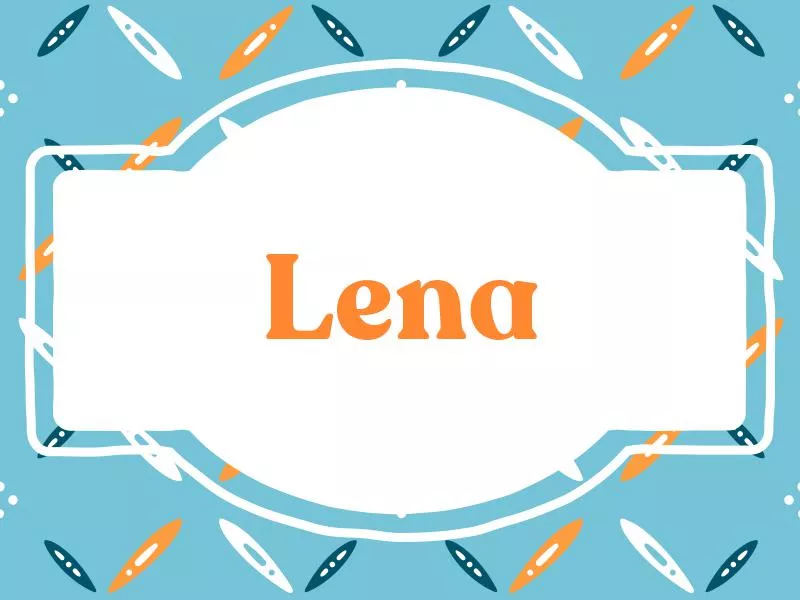
Celebrity Lenas Dunham (“Girls”) and Headey (“Game of Thrones”) give this name modern appeal. But it was a top 1,000 name in the U.S. from 1880 to 1920 and the name of a character in William Faulkner’s 1932 novel “Light in August.”
This one has multiple meanings, including “torch,” “beautiful,” “light,” “bright,” “shining” (from Helena or Jelena) and “of Magdala” (from Magdalena).
Magnus
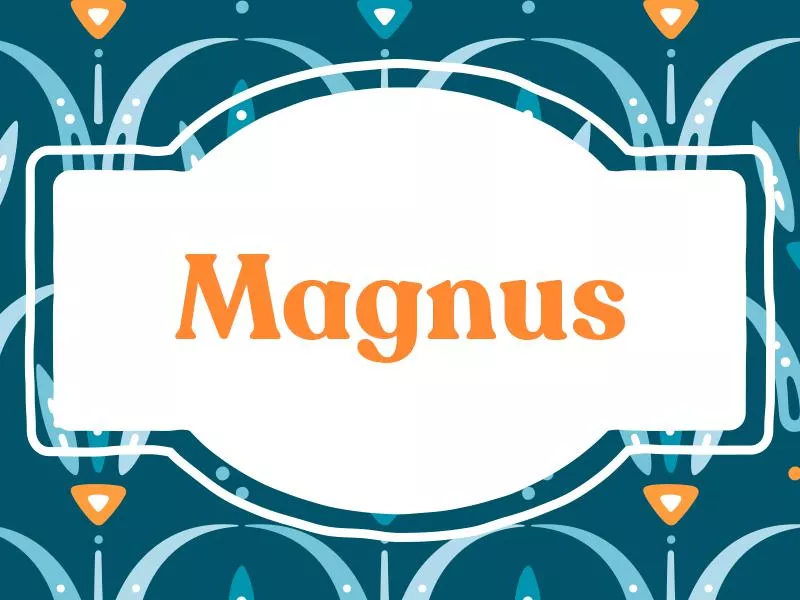
A Latin name with a true Scandinavian feel, Magnus’ gravitas may come from its meaning: “greatest.” It’s no surprise, then, that it is a royal name — no less than six early kings of Norway and four of Sweden, were named Magnus.
In more recent times, celebrities Will Ferrell and Elizabeth Banks have chosen it for their sons.
Sofia
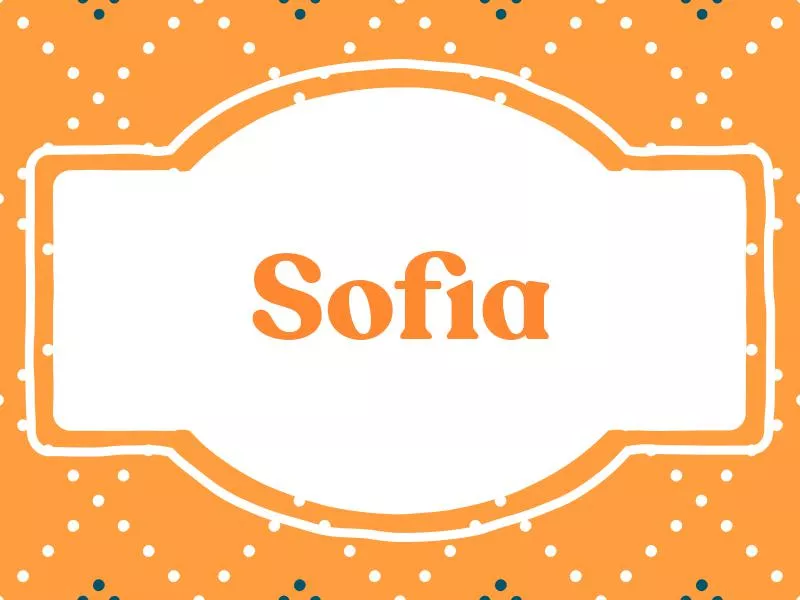
Sofia is Scandinavians’ favored spelling of the Greek Sophia, which means “wisdom.”
It’s also popular in other parts of the world, with celebrity parents Lisa Rimini and Felicity Huffman opting for Sofia over her “ph” counterpart for their daughters.
Erik
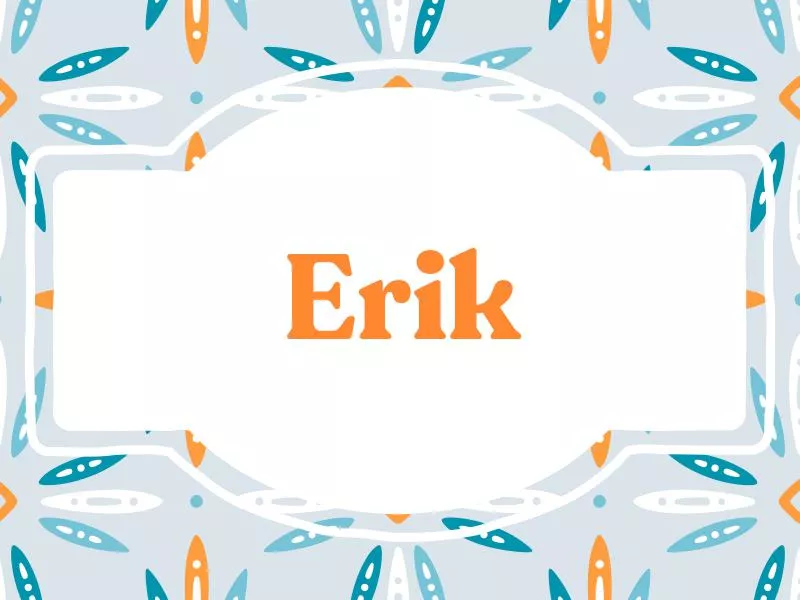
If Eric feels too old-school, replacing one letter gives it an instant refresh. The Scandinavian Erik means “eternal ruler” and was the name of several kings in that part of the world, centuries ago.
And then there’s Erik the Red, a renowned Viking explorer.
Saga
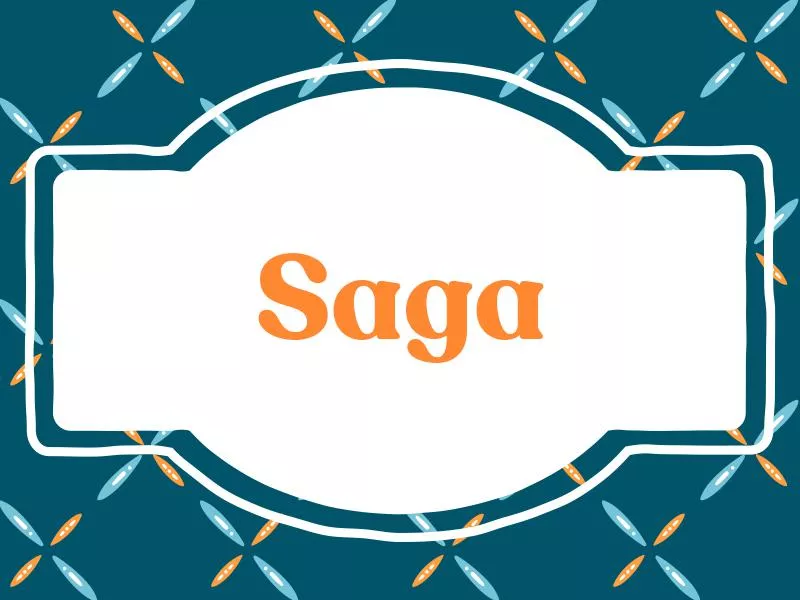
Swedish Saga means “story; seeress” and is a top 30 girl’s name in her home nation.
Saga was the Norse goddess of poetry, history and storytelling, making this name the perfect choice for a future literary star.
Thor
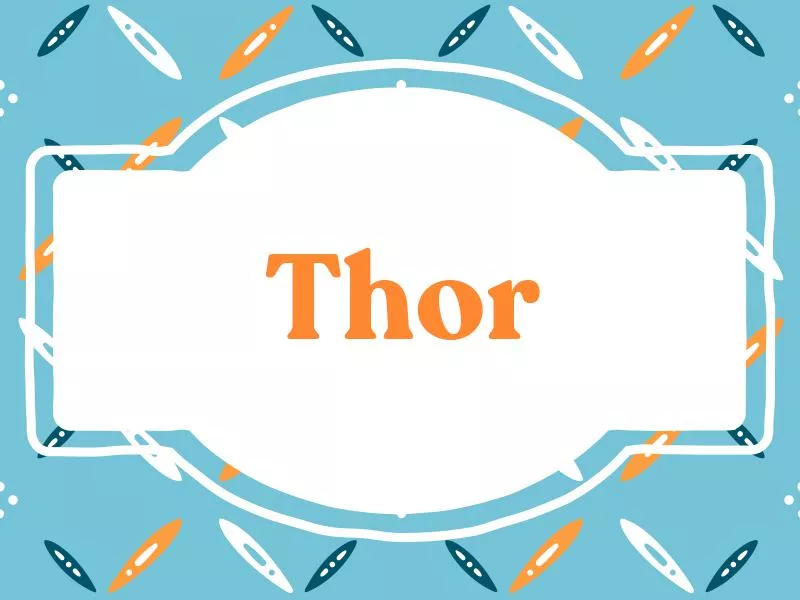
Best known as a comic-book (and big-screen) hero, Thor is also the god of thunder, strength and rain.
This is a name that makes a big impression, whether you’re into the Marvel reference or prefer the fact that Thor was a pretty big deal in Norse mythology.
Maja
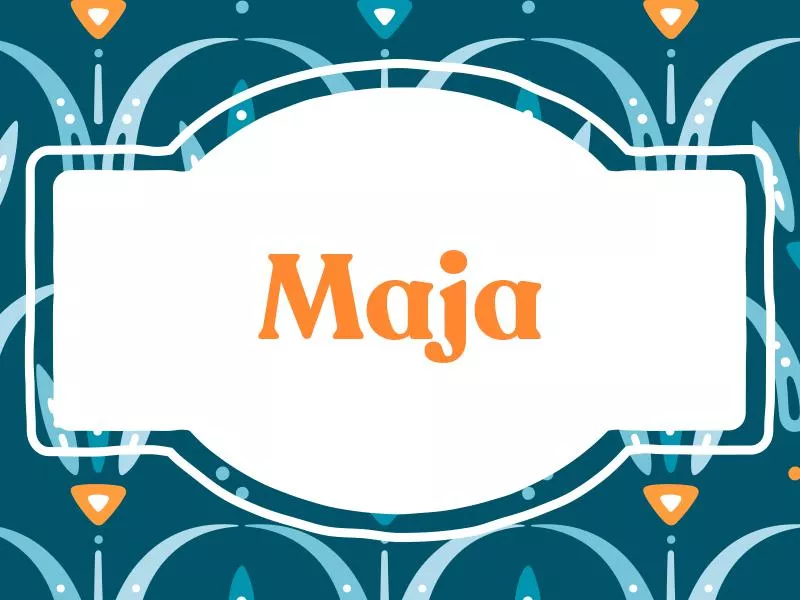
The multicultural Maja has Arabic, German and Scandinavian origins and different pronunciation options. Whether you go with my-a, ma-zha or ma-ha, the meaning is a strong one: “splendid.”
Maja is a top 10 name in Sweden and also a popular choice in Germany, Slovenia and Norway.
Oscar
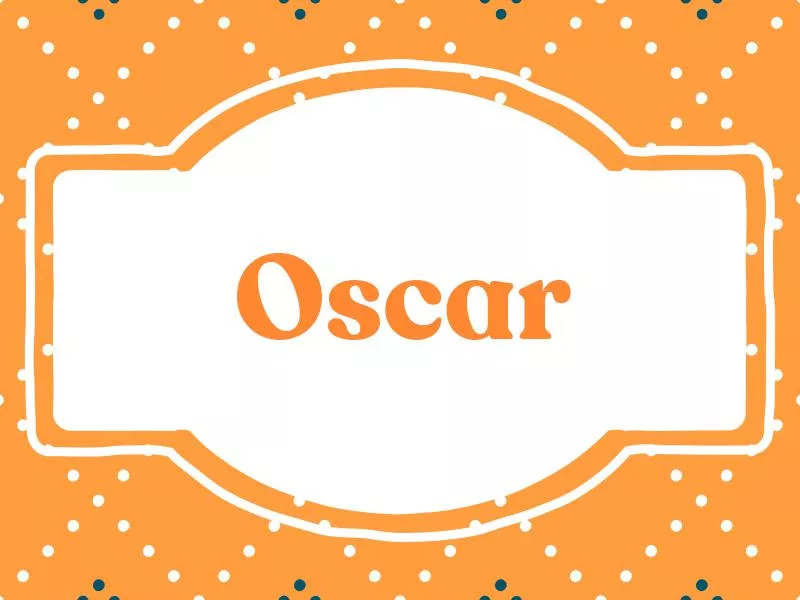
A high-ranking choice in Sweden, where it’s also a royal favorite, Oscar is actually an English-Irish name meaning “God spear, or deer-lover or champion warrior” that comes from the Old Norse Asgeirr.
While it has a definite classic vibe, it’s been embraced by modern parents, including actors Gillian Anderson and Hugh Jackman.
Ida
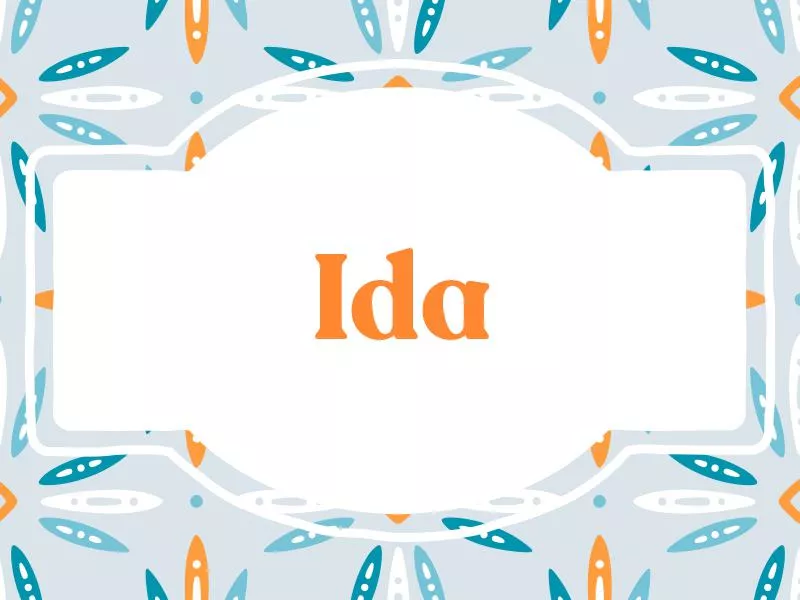
Ida, which means “industrious one”, originated in Germany but is hugely popular in Denmark, Norway and Sweden.
As far as vowel names go, it’s just as appealing as Ada and Ava (and is arguably more interesting).
Frederik
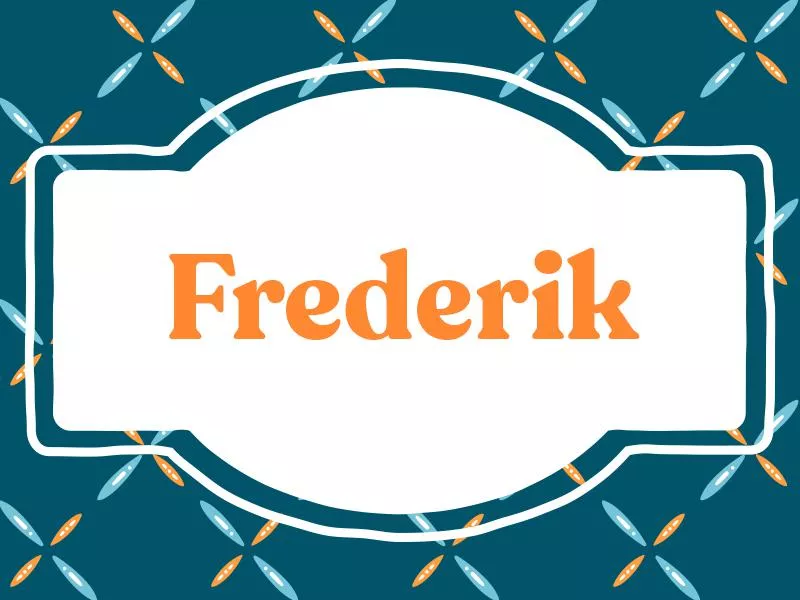
The boy’s name Frederik is a variation on Frederick, which is the English form of the German name Freidrich. It means “peaceful ruler,” which makes it appropriate for the current Crown Prince of Denmark.
It also seems to be common among sporting stars, including late Swedish golfer Frederik Andersson Hed, Swedish footballer Frederik (Freddie) Ljungberg and Swedish freestyle swimmer Fredrik Letzler.
Eva
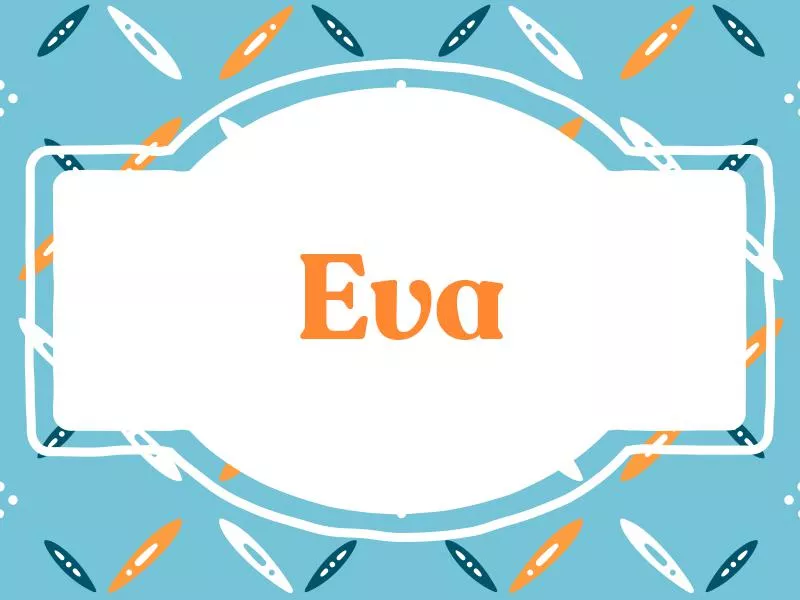
Eva, the Latin variant of the Hebrew name Eve, which is derived from the Hebrew word chava meaning “life,” is a popular choice in the Scandinavian countries.
In 2020, it ranked No. 21 in Norway and No. 44 in Denmark.
Marius
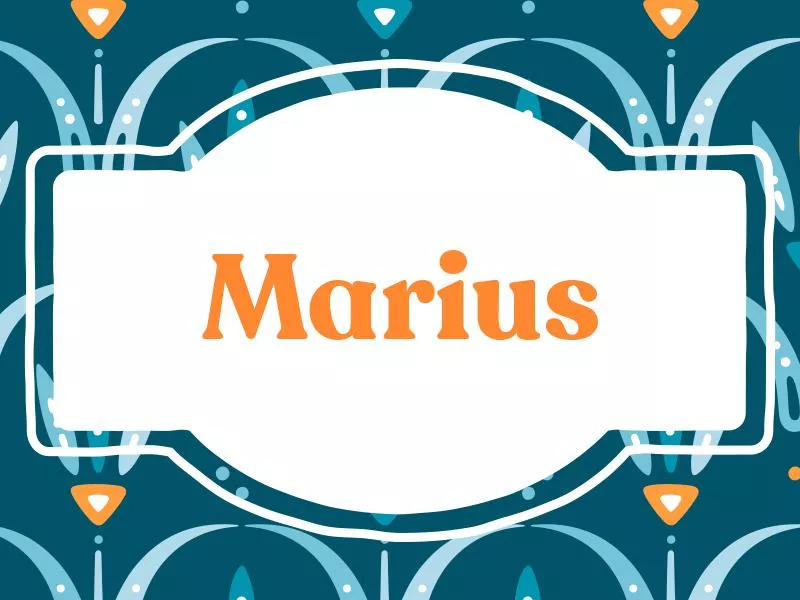
The Latin name Marius is popular around the world, including in the Scandinavian countries. It’s perfect if you want something less widely used (and more Nordic) than Mario, the Italian, Spanish and Portuguese version of the name.
It derives from a Roman family name related to Mars, the god of war and means “warlike.”
Margrethe
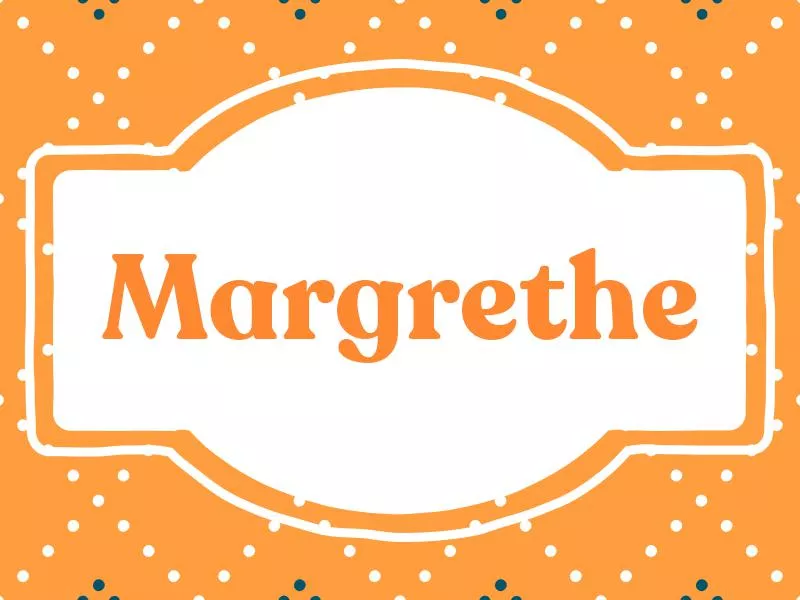
The Danish and Norwegian form of Margaret, Margrethe is the name of the current queen of Denmark.
Margaret means “pearl,” making its Scandi version a good choice if you’re attracted to gemstone names.
Nicolai
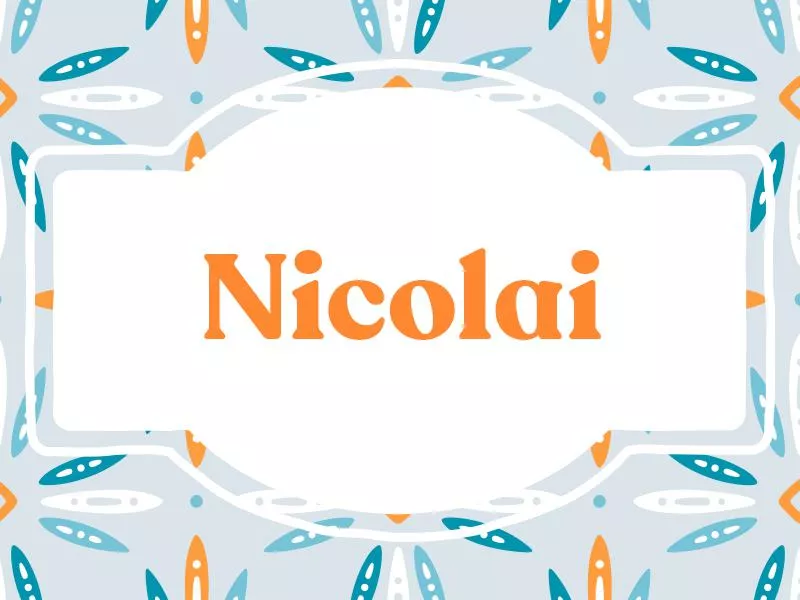
The Scandinavian name Nicolai, meaning “people of victory,” is a variation of the Russian Nikolai.
It gives the classic Nicholas an exotic twist, and the short form Nico is another option that can be a cute nickname or a modern stand-alone.
Nora
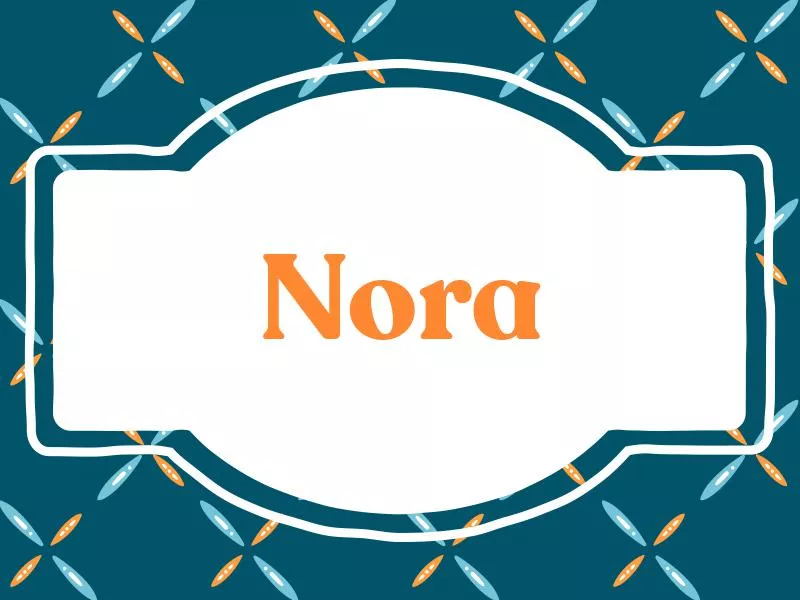
Nora is a girl’s name of Irish origin meaning “light,” with a question mark over its meaning. As a derivative of both Honora and Eleanor, it may be based on the Latin “honor” or come from the Hungarian Eleonora.
It’s a popular choice with Scandi parents, taking the top spot in Norway in 2020. It ranked No. 30 in the U.S. the same year.
Matias

Mattias is originally a Greek name (meaning “gift of God”), with the single “t” version Matias being a Spanish choice. But it’s also popular elsewhere in Europe, and Will Ferrell and his Swedish wife chose it for their second son.
In Scandinavian countries, it’s likely to be pronounced Muh-TEE-us, while Americans are more likely to say Mah-THY-us.
Thea
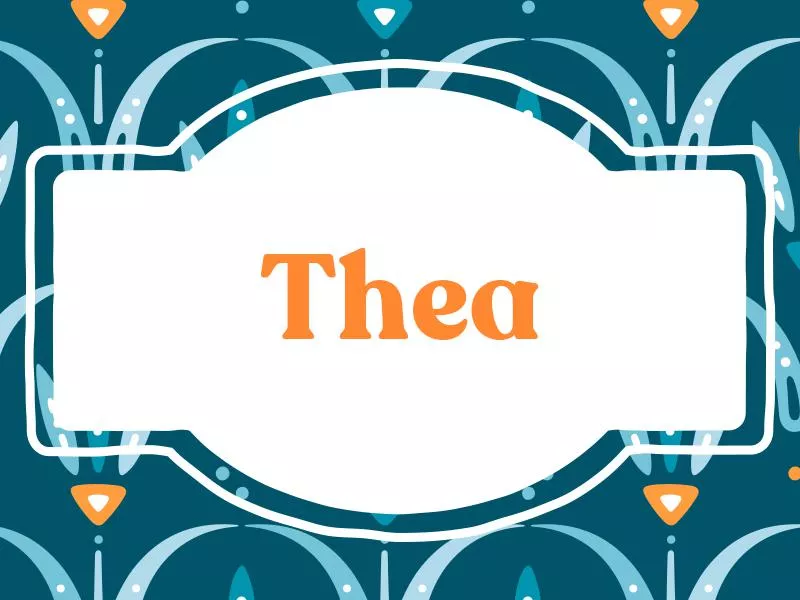
If you’re not quite sure about Thora, another goddess name might appeal. Thea, of Greek origin, literally means “goddess, godly.”
A regular in the top 10 for girls in Scandi nations, it also offers a few pronunciation options: THEE-a, THAY-a or TAY-a.
Axel
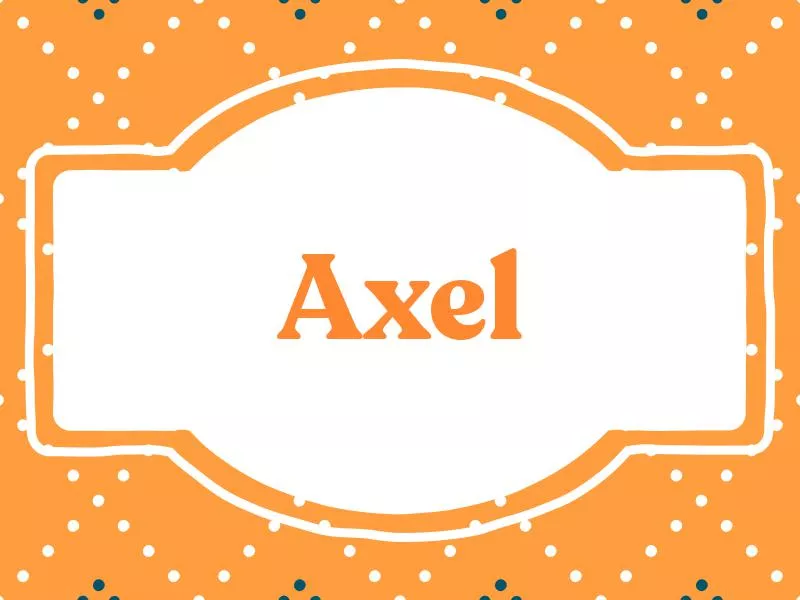
A boy’s name of German and Scandinavian origin meaning “father of peace,” Axel has an instant rock ‘n’ roll edge thanks to one of heavy metal’s founding fathers — Axl Rose from Guns N’ Roses.
Axel was chosen as the name for Will Ferrell’s third son as well as the son of actors Rob McElhenney and Kaitlin Olson.
Alva
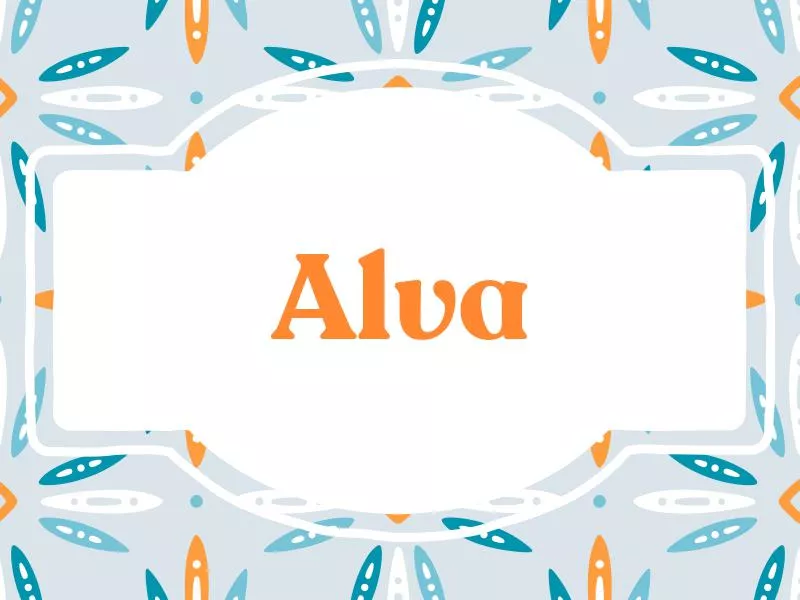
For fans of color names who don’t want to be too obvious, Alva is an Irish name meaning “white.”
And it’s a true unisex choice, with the Alvah variation often used for boys.
Elias
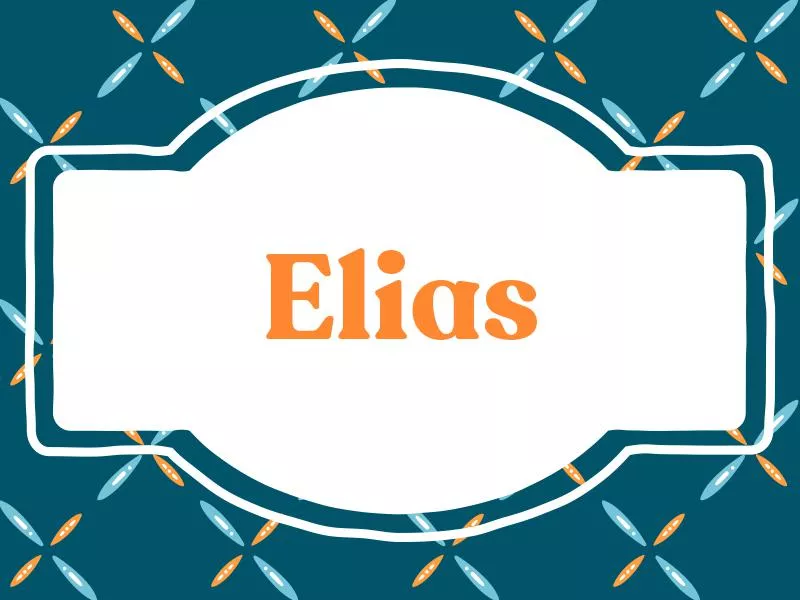
Elias has a biblical connection — it’s believed to be a variation of Elijah, which means “the Lord is my God.” In Denmark and Sweden, it was first recorded as a name in the 12th century and remains popular today.
And then there are the literary links, such as the characters created by Sir Walter Scott and Anthony Trollope.
Elsa
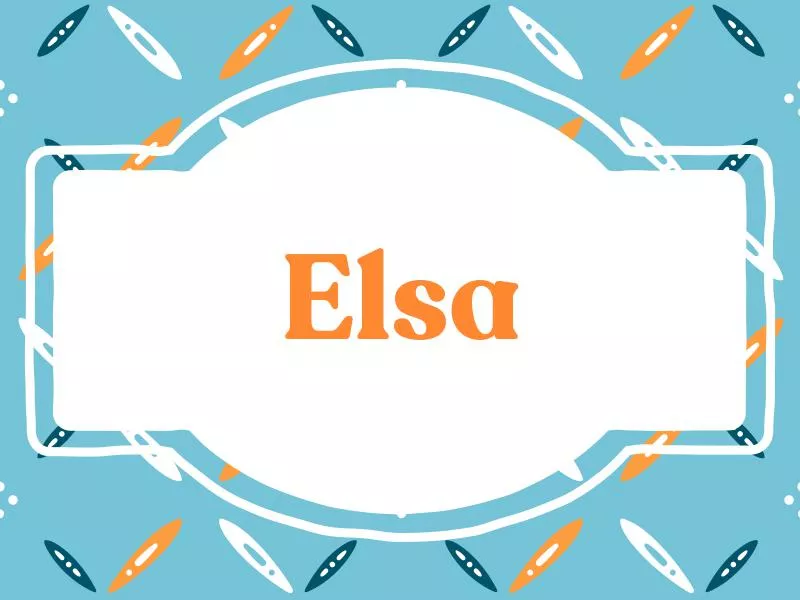
Elsa is practically a household name thanks to Disney’s smash hit “Frozen,” but this name has a lot more to offer than a link to an ice princess.
A quick reminder of famous Elsas — designer Schiaparelli, novelist Morante and model Martinelli — suggests that this is an Italian name, but it’s actually of German origin (a variation of Elisabeth) and ranked No. 3 in the Swedish chart in 2020.
Sverre
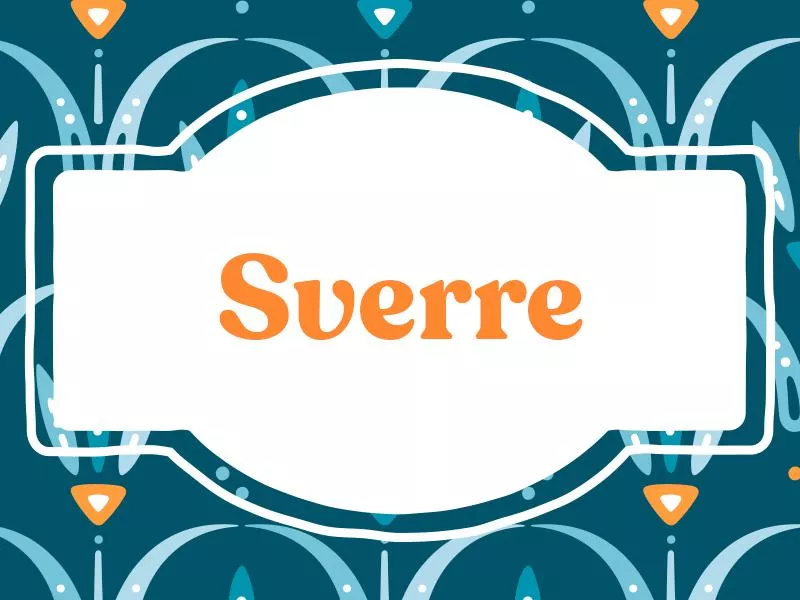
Sven is Scandinavian through and through, but the Dutch Sverre — a top 50 name in Norway in 2020 — is a more interesting alternative.
It means “wild” and is perfect if you want to encourage your son to buck the trend.
Emilie
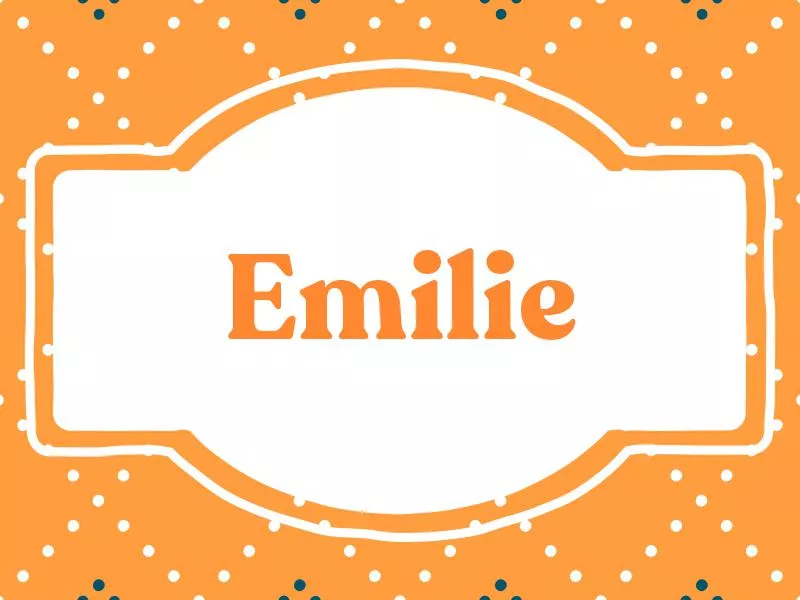
Emilie is growing in popularity in Scandinavian countries.
The German-Scandi variation of Emily, it ranked in the top 10 baby names for girls in Norway in 2020.
Ole
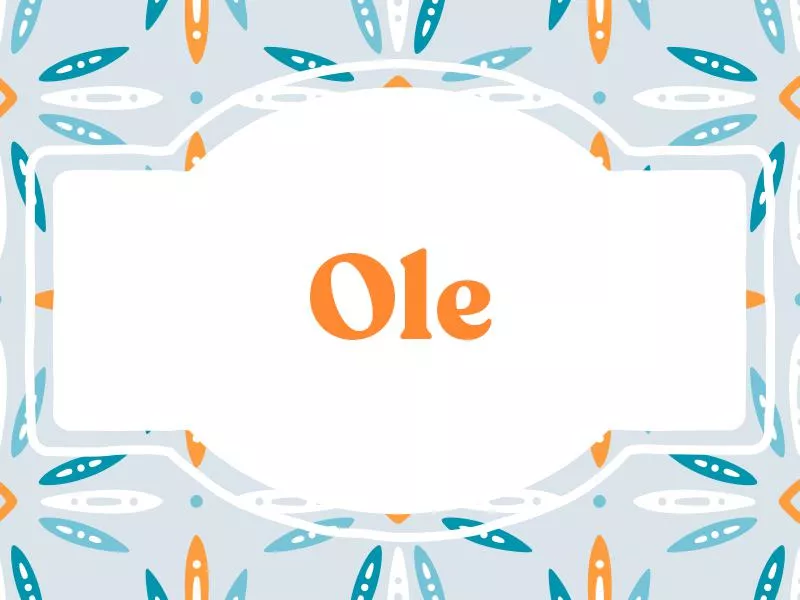
Ole comes from the Old Norse name Óláfr, and while it’s not a trendy name with modern parents (yet), it’s definitely a familiar one in Norway.
Famous bearers include football manager Ole Gunnar Solskjaer and skier Ole Einar Bjorndalen.
Clara
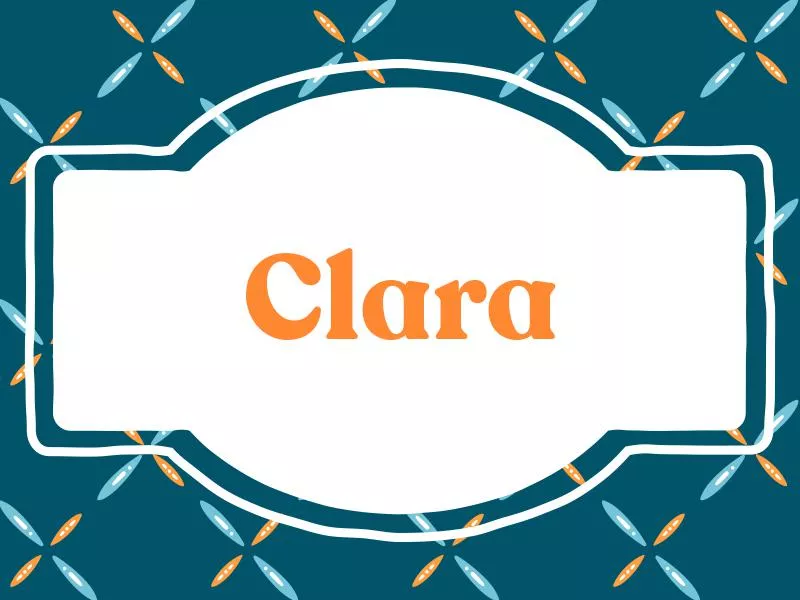
Clara ranked No. 2 in Denmark in 2020, and it’s unlikely to fall out of the chart any time soon.
Notable bearers of the name include Civil War hospital nurse and Red Cross founder Clara Barton and silent film actresses Clara Schonfeld and Clara Bow.
Petter

The Nordic version of the classic Peter (meaning “rock”), Petter is common in Scandinavian countries. Peter Pan and Peter Rabbit give the name a lovable quality, but there’s also enormous power behind it (see Peter the Great, the czar who developed Russia as a force to be reckoned with in Europe).
Famous Petters include Norwegian rally driver Petter Solberg and billionaire businessman Petter Stordalen.
Elise
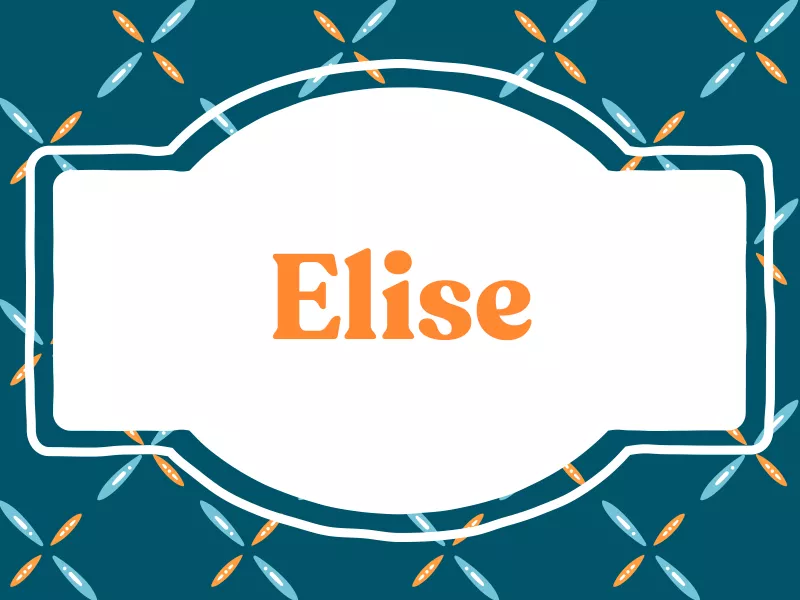
Elise can be a variation of either Elizabeth or Elisa. Thanks to its ancient Hebrew roots, it can mean either “God is my oath,” or “my God is abundance.”
Even if you’re not religious, Elise is a melodic, airy-sounding name that we adore.
Astor
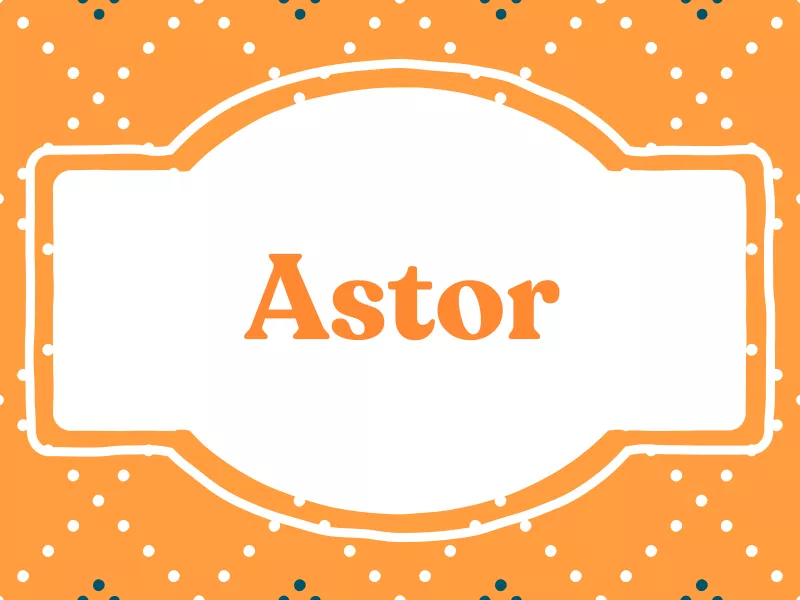
Not to be mixed up with the floral baby name “Aster,” Astor is a Scandinavian baby boy name with two bold, intense meanings: “Thunder God,” and “hawk.”
If your baby won’t stop staring at you from the second he’s born, Astor might be the perfect name.
Hedda
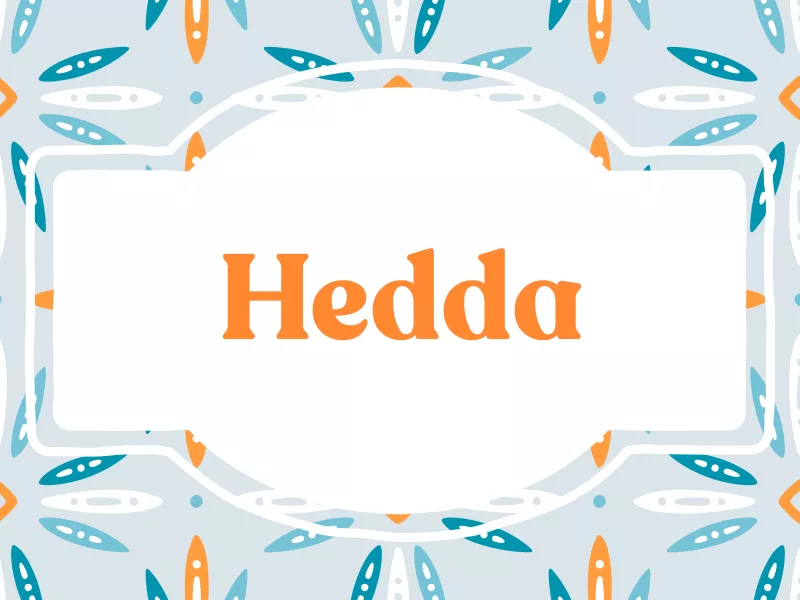
There’s no name better than Hedda for a tough, feisty little girl. Hedda means “courageous warrior” or “refuge in war.”
While the two meanings may seem contradictory, they both represent acting as a calm, stable force in the midst of chaos.
It’s also the name of choice of playwright Henrik Ibsen, who named one of his most famous plays “Hedda Gabler.”
Boe
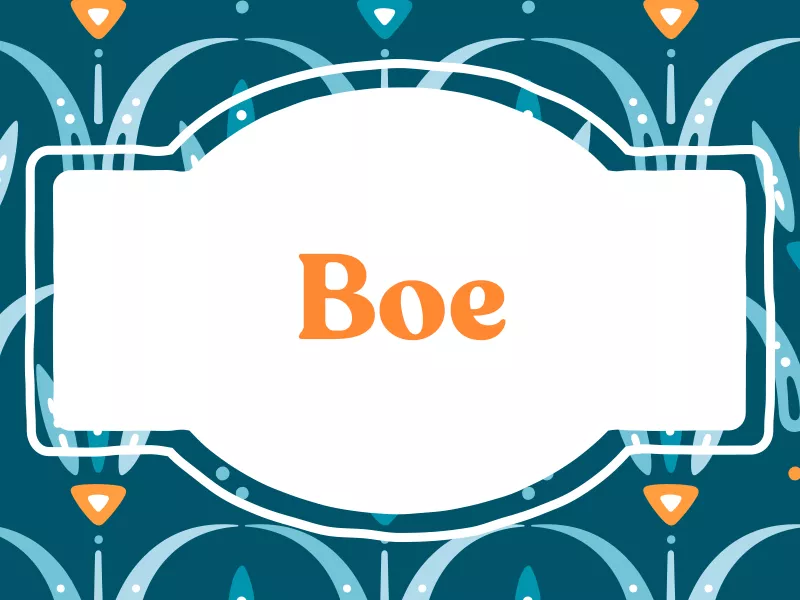
Boe is a Scandinavian variation of the French name “Beau.”
In French, it’s the masculine form of the word beautiful, but it’s also used to describe a romantic admirer or sweetheart.
Gry
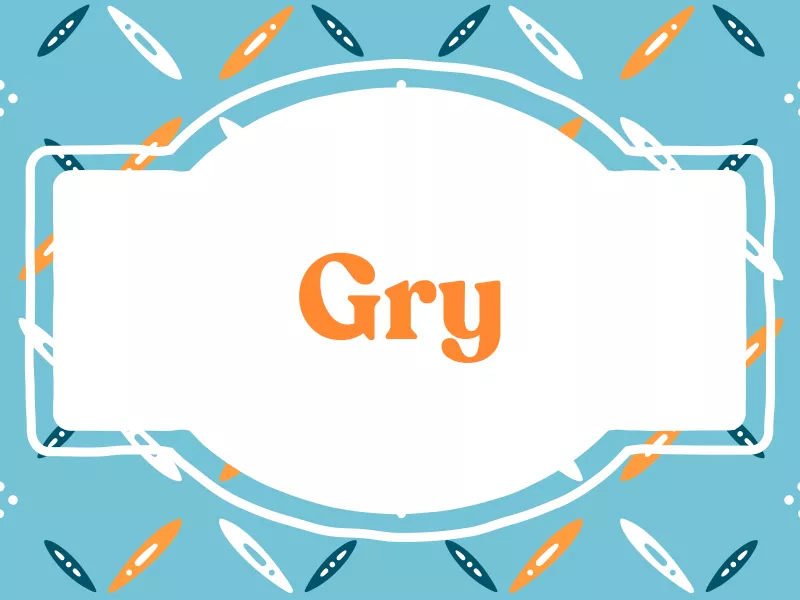
Any guesses what Gry means? It looks a lot like the word gray or a shortened version of the name Gryphon, but Gry actually means “dawn.”
Perfect, since you’ll probably be up before sunrise for the first few months after baby Gry is born.
Dagen
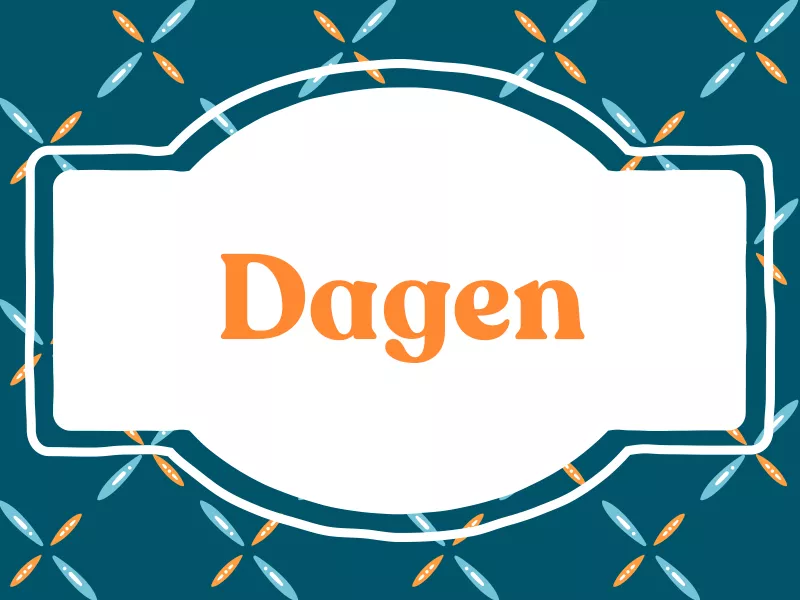
In Scandinavian tradition, the baby boy name Dagen means “day.” It represents new beginnings and the warmth of the rising sun. In Ireland, it also means “black-haired.”
Either way, it can easily be shortened to “Dag” for a fun nickname.
Juni
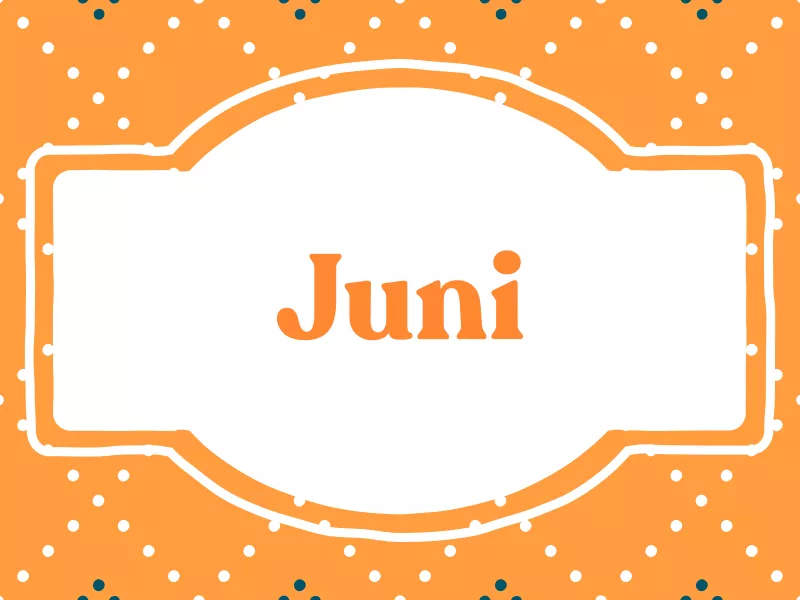
For baby girls born in summer, consider the Scandinavian baby girl name Juni. You probably already guessed, but Juni means June.
It’s so cute and summery that it has become one of the most popular baby names in Scandinavian countries.
Eilif
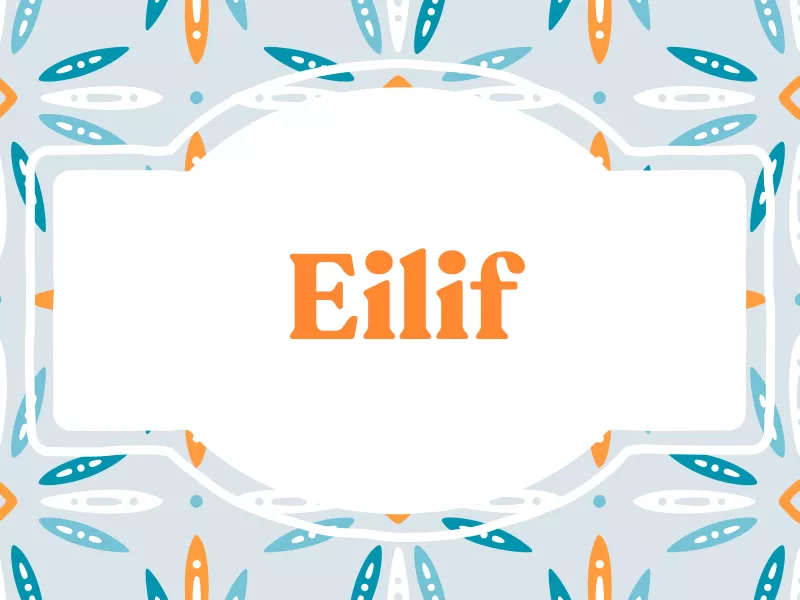
The meaning of the baby boy name Eilif is too cool. It means “immortal,” so it’s a great one to pass down from generation to generation.
Alternatively, your little one might pull a Tuck Everlasting and actually live forever. It’s a win-win, really.
Linnea
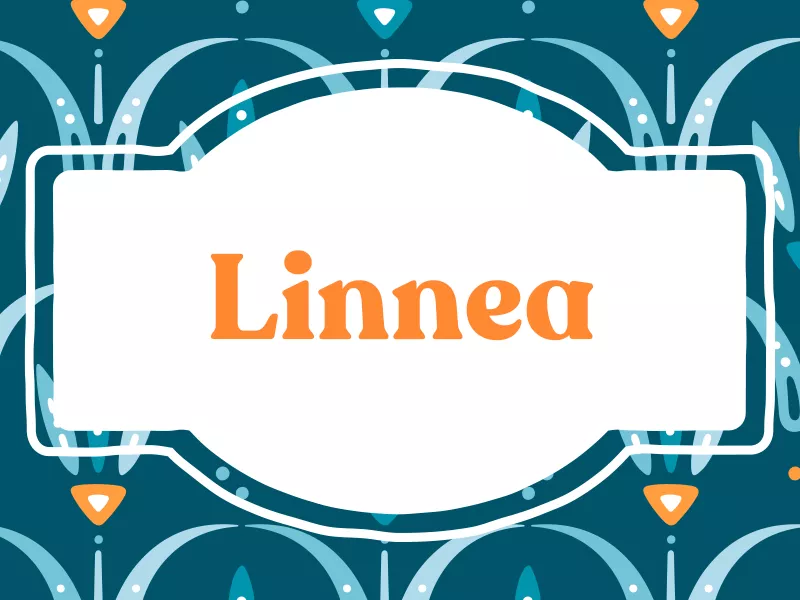
Linnea is one of the most common Scandinavian names for girls. It has a couple of different meanings, but both are inspired by nature.
It can mean either lime tree or linden tree, and it’s also the name of a small, bell-shaped pink flower.
Bori
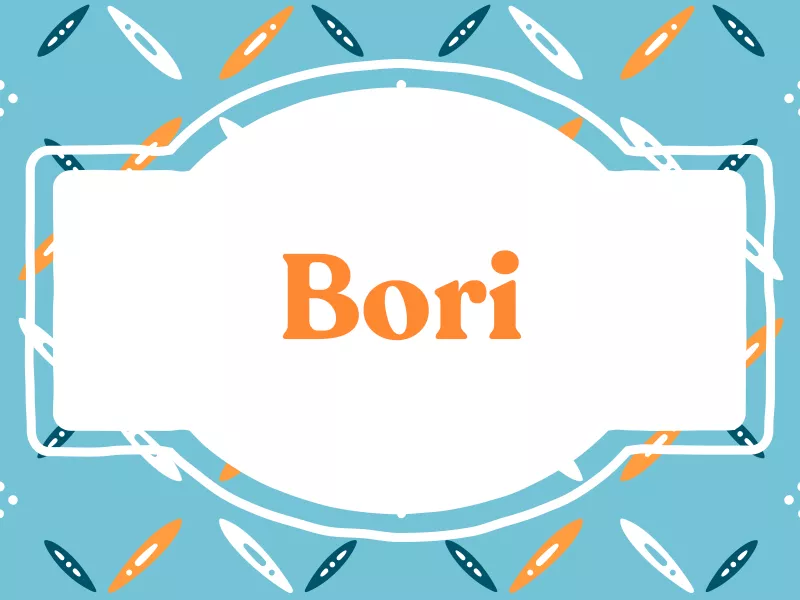
The name Bori is reminiscent of a big, strong bear, warm and snuggly. It can mean either “father of a warrior” or “wise one.”
Vera
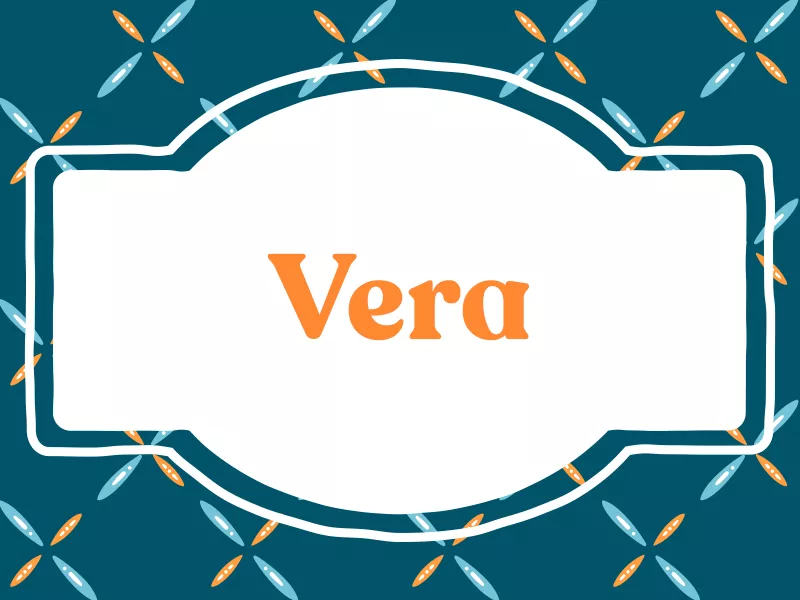
The Scandinavian baby name Vera actually has Slavic roots meaning “faith.” Names starting with V tend to have a more exotic, edgy feel to them, Vera included.
It has been used in English-speaking countries since the 1800s, reaching peak popularity in the early 20th century.
Lief
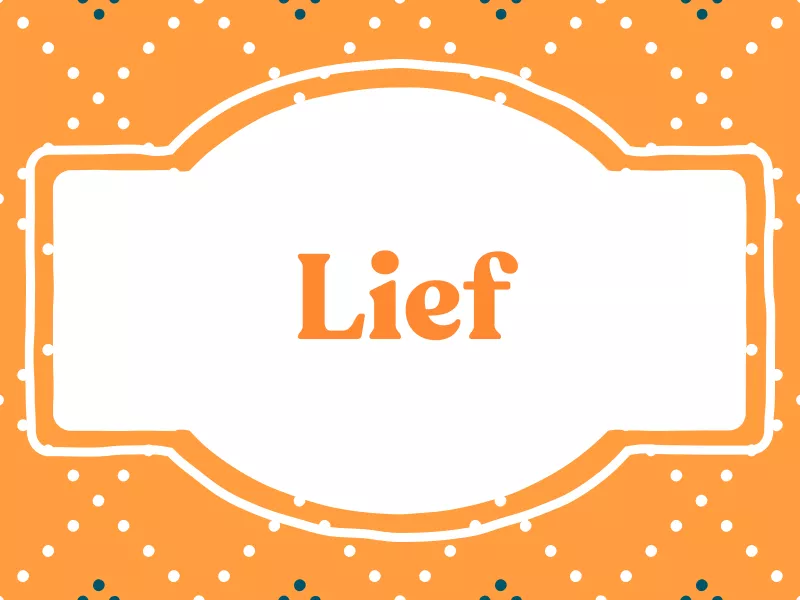
Lief, also spelled Leif, is a popular Norse name meaning “heir.”
That’s all well and good, but we like the Dutch meaning of Lief even better. In Holland, it means “lovable” or “dear one.”
Tuva
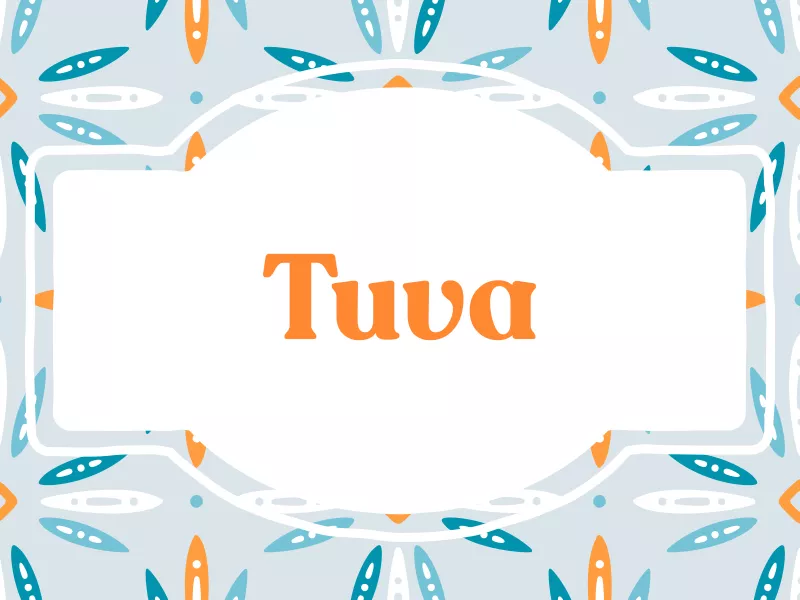
Tuva is one of the most unique Scandinavian girl names, seldom heard outside of northern countries. It’s believed to mean “tuft of grass.”
The imagery there is blissful. Few things in life are as peaceful as a soft, grassy field whispering in the summer breeze.
Viggo
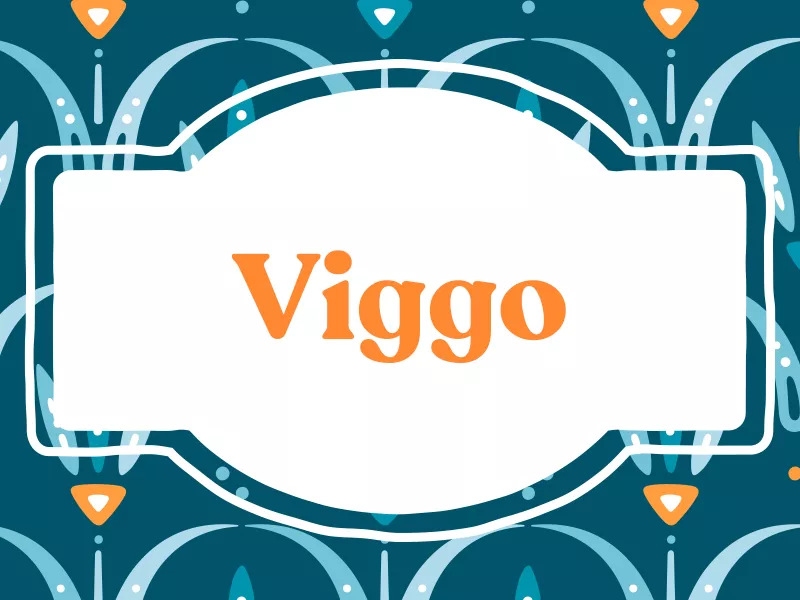
You probably recognize the name Viggo from Hollywood. Actor Viggo Mortensen is best known for playing the character Aragorn in the movie version of J.R.R. Tolkien’s “The Lord of the Rings,” and it seems he was destined to play the role.
We won’t spoil the end for you, but Aragorn is easily the noblest warrior in the series, and the name Viggo fittingly means “battle.”
Oda
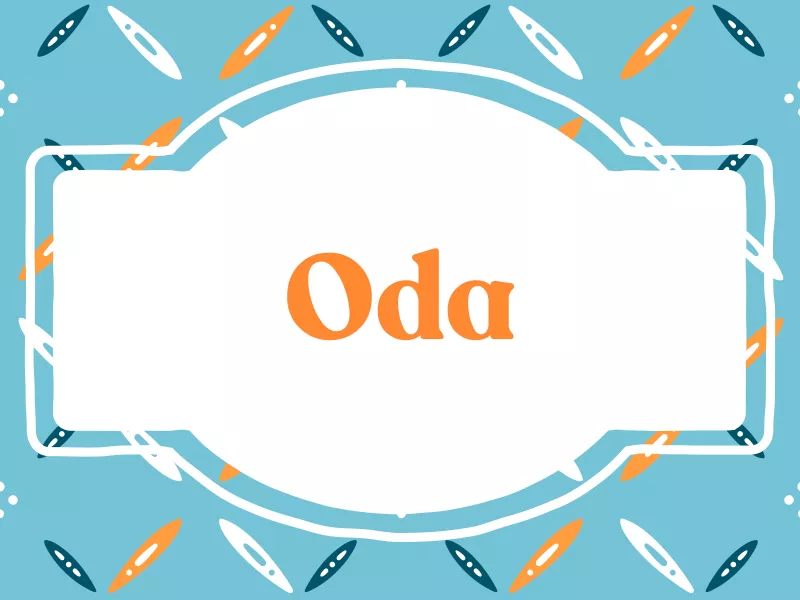
A lovely and simple Scandinavian baby girl name, Oda means “riches.” Family is the greatest treasure of all, so we think it’s fitting.
Ola is a similar sounding alternative meaning “arise.”